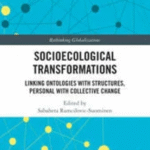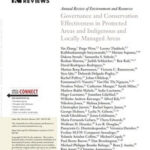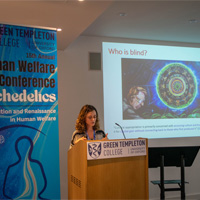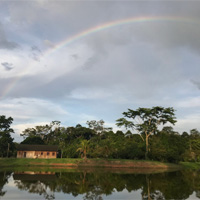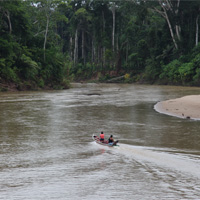Maria Fernanda Gebara. In “Environment, Climate and Social Justice”, eds. Madhanagopal, D., Beer, C.T., Nikku, B.R., Pelser, A.J. Springer, Singapure.
Abstract
Turning away from human/nature dualisms prevalent in political philosophies is critical for overcoming the current environmental and health crises. However, such debates have been critiqued for not focusing enough on important political issues, such as the revision of social norms and values that are directly linked to ecological justice. I argue that affective ecologies can help ensure that future policies are equipped to critically engage with the challenges of achieving ecological justice in post-COVID-19 politics. Ecological justice is distinct from and more inclusive than environmental justice as it is concerned with other-than-human beings. This chapter reviews empirical evidence drawn from indigenous ontologies in Amazonian countries, namely, Brazil, Bolivia, and Ecuador, to provide practical examples of rearticulating relations between humans and other-than-human beings. It makes a case for using ethics of care to inform how we view nature in post-COVID-19 politics.
Keywords: post-COVID-19 politics, indigenous ontologies, Amazon, affective ecologies




